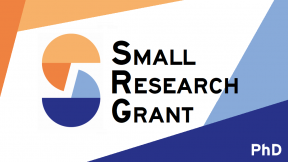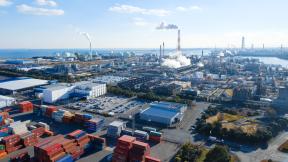Energy production and use accounted for 76% of global GHG emissions in 2019 (Climate Watch, 2020). In the last decades, clean energy technologies improved substantially. The average costs of using solar and wind new technologies are now lower than the average costs of using new coal and gas combined cycle power plants (Lazard, 2020). Does this mean the problem of transiting to clean energy technologies is solved? Challenges to the integration of clean energy sources remain. This project focuses on intermittency as a key feature and limitation of renewable energy (Gowrisankaran et al., 2016). Given that sun and wind are intermittent natural resources, we can use solar and wind energy only when sun and wins are available. Storage technologies (e.g., batteries) could alleviate the intermittency problem, but they are still too expensive to be used on a large scale. How can we overcome the intermittency problem? Does the market have enough incentives to develop storage technology? What are the optimal policies to accelerate the transition to clean energy?
This project develops the first macro climate model with intermittency and endogenous technological change in the energy sector. The author bridges the macro climate literature, which has ignored intermittency, and the micro energy literature, which instead has highlighted intermittency as a critical challenge to integrating renewable energy. The main novelty of her theoretical framework is embedding a micro-founded model of the energy sector into a standard integrated assessment model a la Golosov et al. (2014). This framework allows the calibration of the model using detailed microdata from the energy sector. She uses data on the hourly energy demand and hourly availability of sun and wind to measure the degree of intermittency, which determines the substitutability between clean and dirty energy. In addition, she uses data on energy producers’ costs of production, costs of energy storage, and on past cost decreases driven by R&D.
This project is not focused on a particular geographical area. It aims to derive policy lessons on accelerating the transition towards clean energy technologies that can be applied across different countries. Energy demand in Sub-Saharan Africa is expected to increase strongly in the next decades. Africa has 60% of the best solar resources globally, yet only 1% of installed solar PV capacity (IEA 2022). Therefore, understanding what policies accelerate the transition to clean energy is an important issue for the area. Africa accounts for a very small share of worldwide GHG emissions (3.8%), but it is one of the areas expected to be most severely hit by climate change consequences. Therefore, identifying the optimal environmental policies that can limit climate change is of primary importance to ensure the economic development of Sub-Saharan Africa.
Project
• Research Theme 1: Firms, Frictions and Spillovers, and Industrial Policy,
Cross-Cutting Issue 2: Climate Change and the Environment
Transition to Clean Energy Technologies
This project has been retired

PhD Research Grants
Research Team
Related content
























































































































